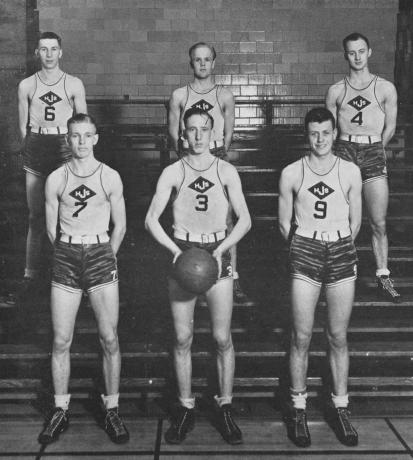Whether or not there is a true 'skills gap' crisis in the US labor market is certainly subject to debate. For every analysis that indicates that the pipeline of qualified candidates that colleges and other training programs are producing are not meeting the demands of employers for specific skills, you can pretty easily find other data that suggests the US has more than enough of available talent to meet most employer needs.
But while the data and thinking around the existence of a true skills gap can seem contradictory, the investments and ownership by employers of the problem (assuming it is a problem), has tended to shift in one consistent direction. Namely, over time employers have tended to want to invest less in development, apprenticeship, and other initiatives for either entry level employees or for more experienced hires who require more advanced and specific experience and skills.
Most employers these days, it seems, want new hires whatever the level or role to walk in to the organization immediately ready to be productive without needing long ramp up times and without having to make extensive and expensive investments in training.
But what if the roles that the company needs to fill are so specialized, require an incredibly specific set of skills, and that these skills have been demonstrated and certified with proof of thousands of hours of practice? For these kinds of jobs, companies have to become more involved and invested in developing candidate pipelines you would think. It is either that, or face a candidate shortage, experience longer fill times, and likely suffer serious adverse businss impact in the form of lost revenue, poor customer service, and missed deadlines.
One company, faced with exactly this recruiting and development challenge, and facing an extremely tight and competitive candidate market is doing almost exactly the opposite of what many companies have done with respect to investment in new hire development. They are expanding the market, looking beyond their normal sources for candidates, and most importantly, taking ownership of the 'skills gap' challenge.
The company is JetBlue Airlines and the hard to fill role is commercial airline pilot.
From a recent piece on PSFK on how JetBlue is trying to address this recruiting challenge:
The airline company developed Gateway Select, a special training program for its pilots that took people with little to no flying experiences and turned them into pilots. The program worked out so well for the company that they are once again looking for new recruits. The first round opened in 2016, with 24 chosen applicants out of a pool of 1,5000, including a grocery store clerk, an accountant, and a baggage handler. Trainees will learn about meteorology, aerodynamics and aircraft systems, go through flight simulators, and get in the necessary 1,500 hours of flying experience.
Think about that a little bit.
One of the most specific, demanding, and important jobs in the world, commercial airline pilot, and JetBlue is essentially looking past traditional candidate pools and feeder programs, (mostly the US military which has their own pilot shortages they are dealing with), and taking ownership of their challenge by thinking differently about what constitutes a good candidate.
If JetBlue is willing and able to train the 'right' candidates for pilot roles, even if they are currently accountants or store clerks, then what is holding you back in expanding your own ideas about candidates and their suitability for your open roles?
Think about that when you post your next position for a finance or HR or marketing or operations role where you require 10+ years of relevant and specific experience doing exactly the same job that you are hiring for.
If JetBlue can turn store clerks into pilots, then you too can think more expansively and creatively about who is qualified for your roles.
Have a great day!

 Steve
Steve



